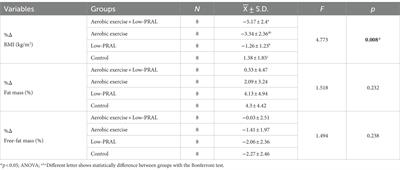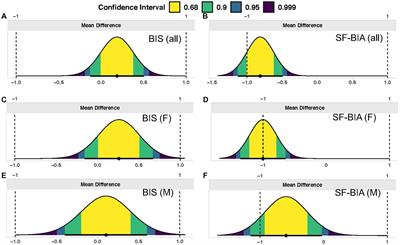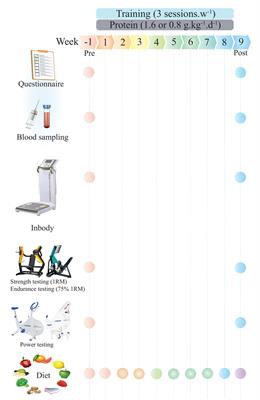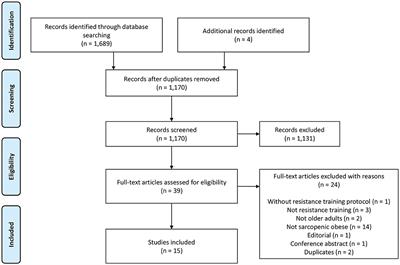EDITORIAL
Published on 03 Sep 2024
Editorial: New insights and advances in body recomposition
doi 10.3389/fnut.2024.1467406
- 3,736 views
4,517
Total downloads
24k
Total views and downloads
EDITORIAL
Published on 03 Sep 2024
ORIGINAL RESEARCH
Published on 04 Jan 2024

ORIGINAL RESEARCH
Published on 24 Aug 2023

ORIGINAL RESEARCH
Published on 29 Jun 2023

SYSTEMATIC REVIEW
Published on 10 May 2023

